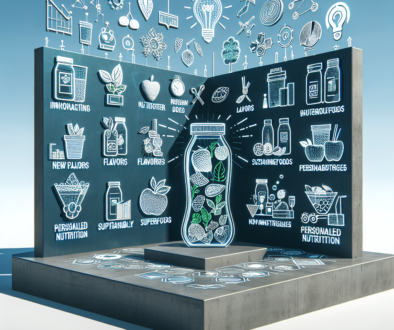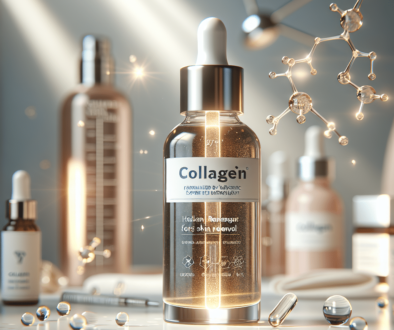Effects Of Fish Collagen Peptides On Liver Fat Metabolism And Redox Status In Mice Fed A High-Fat Diet
Keywords
Fish Collagen Peptides, High-Fat Diet, Liver, Fat Metabolism, Redox Status
Abstract
Objective: To study the effects of fish collagen peptides (FCPs) on liver fat metabolism and redox status in mice on a high-fat diet (HFD). Methods: 54? C57BL/6 male mice were randomly divided into normal diet group (CON), HFD group (HF) and FCPs intervention HFD group (PHF) according to body weight. The body weight of the mice in each group was recorded every week, and the mice in each group were randomly divided into two batches according to the body weight, and were slaughtered at the 11th and 22nd weeks respectively. The feed intake and apparent fat digestibility were measured; the triglyceride content in the liver was measured. Triglyceride (TG), total cholesterol and free fatty acid (FFA) contents; liver lipid metabolism related genes acetyl-CoA carboxylase 1, fatty acid synthase, sterol regulatory element binding protein 1c, cholesterol 7¦Á-hydroxy The mRNA expression levels of cholesterol 7¦Á-hydroxylase 1 (CYP7A1), peroxisome proliferator activated receptor ¦Á (PPAR¦Á) and carnitine palmity1 transferase 1 (CPT1), Indicators related to liver redox status: reactive oxygen species (ROS), malondialdehyde, total antioxidant capacity (T-AOC), glutathion peroxidase (GSH- Px) activity and reduced/oxidized glutathione levels. Results: At the 22nd week, compared with the HF group, the feed intake, fat and energy intake of mice in the PHF group were significantly increased (P<0.05), and the area ratio of TG, FFA, fat vacuoles and fat infiltration in the liver was significant. decreased (P<0.05), the mRNA expression levels of key lipolysis genes CYP7A1, PPAR¦Á and CPT1 were significantly increased (P<0.05), the ROS level in the liver was significantly decreased (P<0.05), the T-AOC level and GSH-Px activity were significantly increased (P<0.05). increased (P<0.05). Conclusion: FCPs intervention with a mass fraction of 1% may reduce liver fat accumulation and improve lipid metabolism in mice by improving the liver redox status of HFD mice and promoting liver fat catabolism. For further information of this article and research, feel free to contact our team for asssitance. Original research was done by Le Guowei, Zhang Jiahong, Shi Yonghui, Yang Yuhui, Wang Yanan, Tian Xu, Guo Haitao
About ETChem
ETChem, a reputable Chinese Collagen factory manufacturer and supplier, is renowned for producing, stocking, exporting, and delivering the highest quality collagens. They include marine collagen, fish collagen, bovine collagen, chicken collagen, type I collagen, type II collagen and type III collagen etc. Their offerings, characterized by a neutral taste, and instant solubility attributes, cater to a diverse range of industries. They serve nutraceutical, pharmaceutical, cosmeceutical, veterinary, as well as food and beverage finished product distributors, traders, and manufacturers across Europe, USA, Canada, Australia, Thailand, Japan, Korea, Brazil, and Chile, among others.
ETChem specialization includes exporting and delivering tailor-made collagen powder and finished collagen nutritional supplements. Their extensive product range covers sectors like Food and Beverage, Sports Nutrition, Weight Management, Dietary Supplements, Health and Wellness Products, ensuring comprehensive solutions to meet all your protein needs.
As a trusted company by leading global food and beverage brands and Fortune 500 companies, ETChem reinforces China’s reputation in the global arena. For more information or to sample their products, please contact them and email karen(at)et-chem.com today.



